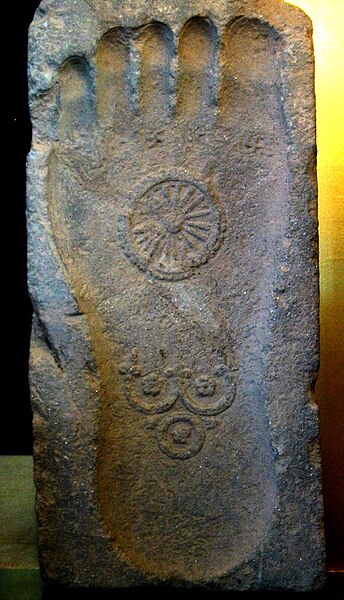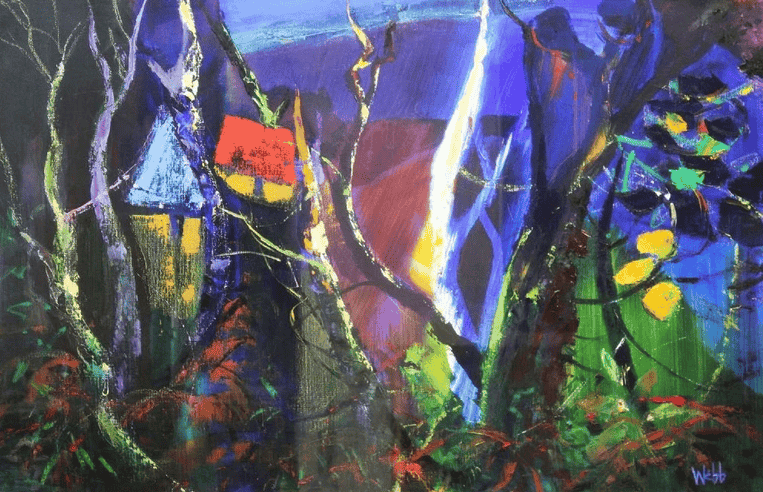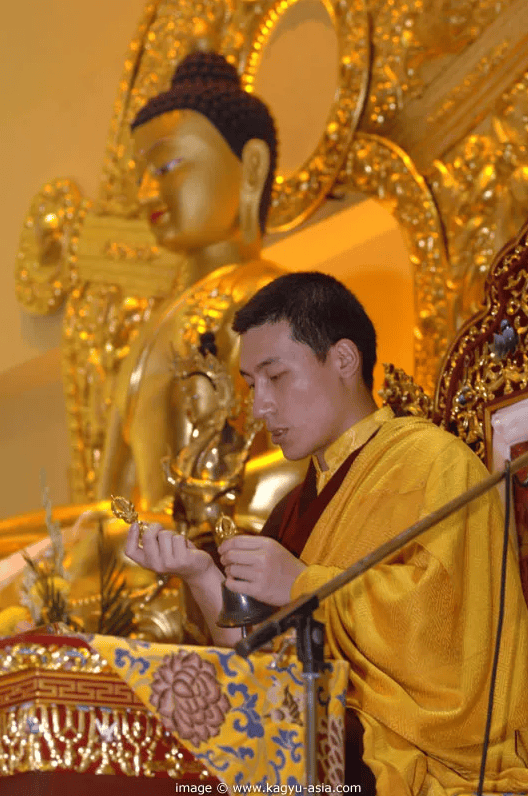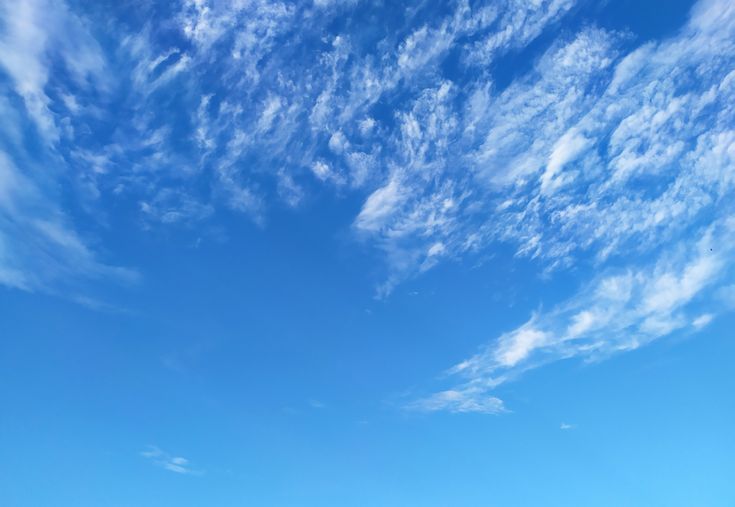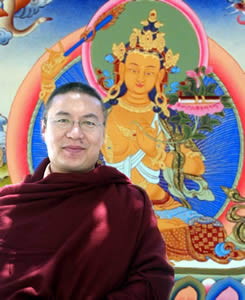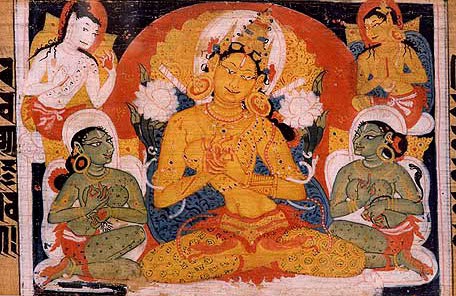Examine the Nature of the Unborn Mind
Second slogan of the 7 Point Mind Training. What is this teaching pointing at? Well, just like the previous slogan it emphasises the ultimate aspect of mind. Previously we were enjoined to examine the nature of appearances. What is the nature of what we experience, of all the phenomena which appear to our ‘minds eye’? […]
Examine the Nature of the Unborn Mind Read Post »



